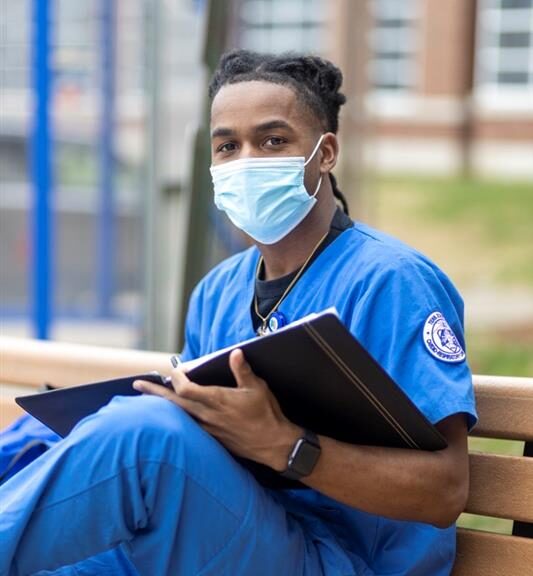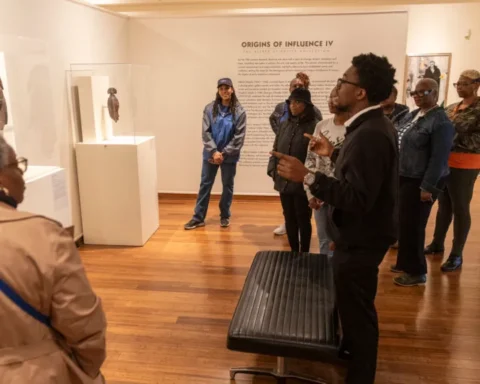By Alexis Clark
The excitement of the upcoming fall semester at Tennessee State University will be coupled with concerns on managing the campus population due to the recent surge in COVID-19 cases across the country and in Tennessee.
University officials are optimistic based on the success of navigating through the pandemic over the last two years and are closely monitoring Davidson County and the City of Nashville.
“We have put various protocols in place to assist individuals with safety to minimize the spread on campus,” said Dr. Curtis Johnson, associate vice president and chief of staff. “We will continue working with faculty and staff to have the necessary PPEs (personal protection equipment) available for students attending classes and for all offices.”
Recently, Davidson County had an uptick in confirmed COVID cases with an average of 2,842 cases within a seven day span, according to the state’s Department of Health.
TSU does not have a mask or vaccination mandate in place as outlined by state law, but University officials strongly encourage the campus family to wear masks, practice social distancing and to get vaccinated and boosted.
Last year, the university even offered incentives, encouraging students, faculty and staff to get vaccinated by offering gift cards.
Dr. Wendelyn Inman, an infectious disease expert, professor and interim public health program director in the College of Health Sciences, is in support of the university safety protocols and recommend students to return immunized to keep COVID-19 case numbers low.
“For people who need to, want to, and should wear a mask, they should wear them freely without question,” she said. “And people who aren’t immunized should get immunized.”
Frank Stevenson, associate vice president of student affairs and dean of students, said the university will continue abiding by CDC protocol for the upcoming semester and will provide the COVID-19 vaccine to students at their requests.
“We are asking all students to be both vaccinated and boosted,” he said, noting that students are required to report COVID-19 positive results to student affairs. “We know a whole lot more than we did two years ago,” Stevenson said. “And we feel good about being able to operate the campus in a safe environment.”
Students who test positive for COVID-19 are placed in an area identified as IQ, or isolation and quarantine zone where they receive “round the clock” service, including a health professional, meal service delivered three times a day, laundry service, and medication if needed.
Stevenson also encourages students to feel comfortable enough to continue taking online classes as an option as well. The university is currently offering discounts to students that take 100 percent of their classes online.





